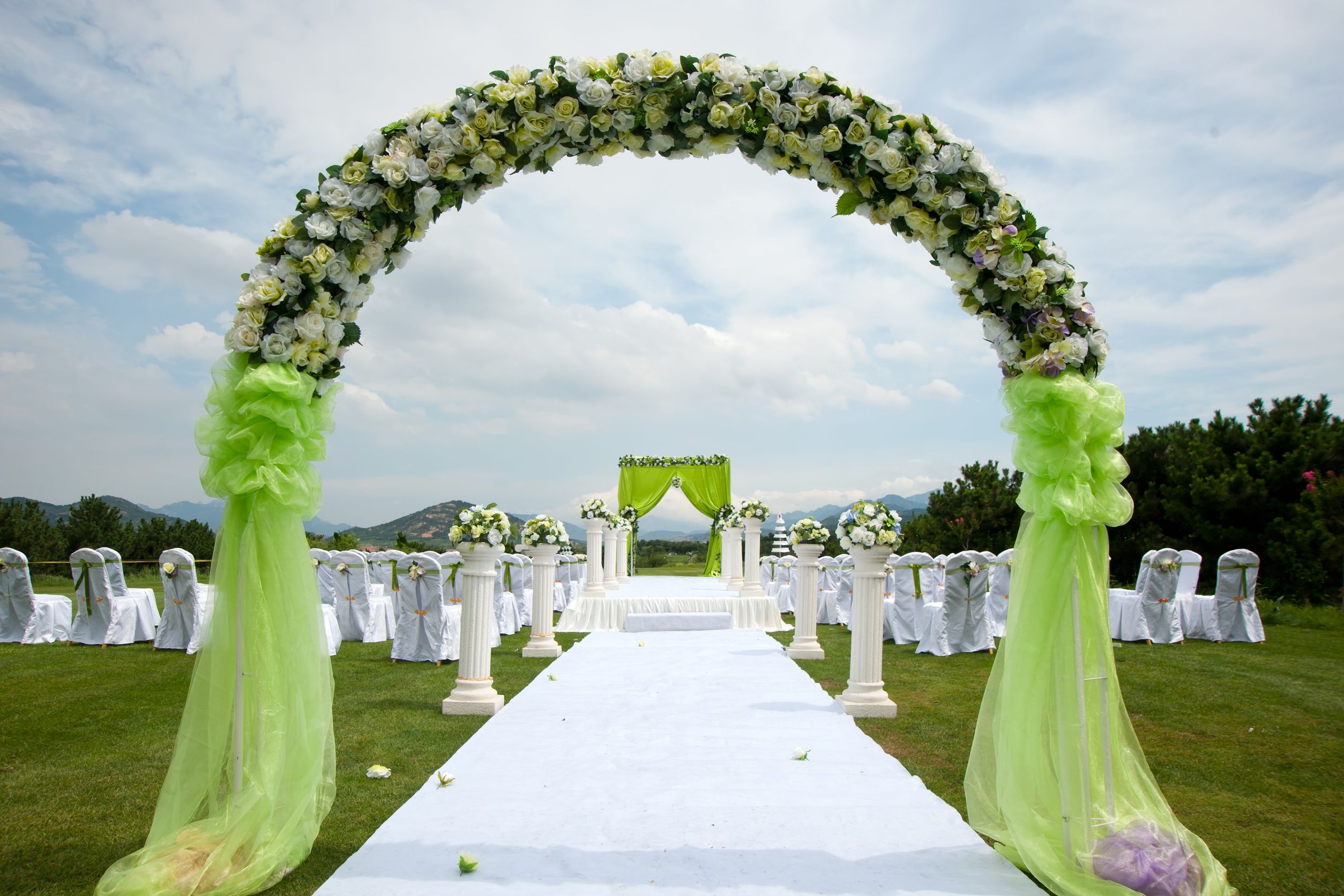While many couples opt for a church wedding, other couples choose to opt for a civil wedding ceremony. Contrary to what some may think, this type of ceremony is not a common law marriage or even a drive-through Vegas type of event. A civil ceremony is a legal marriage ceremony that is presided over by a legal officiant.
What Are the Reasons People Choose a Civil Ceremony?
Usually, couples that chose a civil wedding ceremony fall into one of the following categories:
- Neither person follows a specific religion, or they do not feel comfortable about having a church wedding.
- Each of the parties comes from a different religious background. By choosing a civil wedding, they are able to avoid any potential issue that could surface by having an interfaith ceremony.
- The couple wants to include readings from favorite poems or from another type of religious ceremony.
- The officiant at the couple’s church will not preside over a wedding that is located in an outdoor venue, such as a hillside overlooking the sea.
How a Civil Ceremony Differs from a Religious Wedding Ceremony
A civil ceremony is different than a church ceremony in that it is shorter in length while still legally binding. Therefore, it is a cut-and-dried process. Normally, before a religious ceremony is held, or after the reading of the nuptials, you need to visit city hall in order to make things legal.
The Format Remains the Same
Whether the service is civil or religious in nature, it still will follow the same type of format – the procession, call to order, speaking of the vows, ring exchange and the pronouncement. This is followed by the traditional wedding kiss, closing remarks and a recession.
When a civil ceremony is held, there is more flexibility about personalizing the event. Therefore, couples can write their vows or include special readings, unity symbols, rituals and music selections in the service. You can even include religious traditions in the ceremony if you so choose.
The officiant at such a wedding can be an ordained minister, or a judge, magistrate, justice of the peace, notary public or court clerk. Depending on the location, you need to check with the marriage license bureau or clerk’s office to find out who is authorized to perform the nuptials.
In some instances, you can even have a family member or friend officiate at your wedding as long as they get ordained. However, not every state will recognize this certification. The civil ceremony can be held just about anywhere. You can hold the nuptials at a private estate, inside a greenhouse or at the beach. It is up to you where you and your future spouse want to say your vows.


